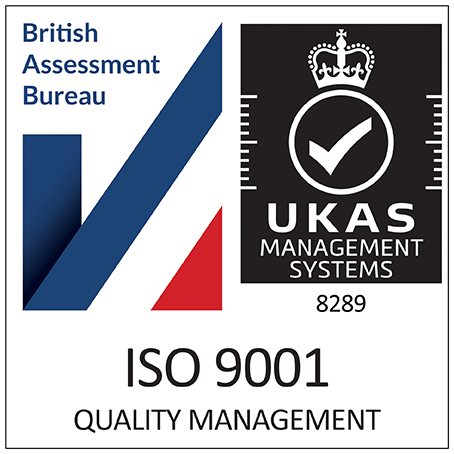
Questionnaires at First Appointments are forever a battle between lawyers as to what is necessary/proportionate and what is cross-examination.
Since the introduction of rule 9.14(5) there is now a direction that both parties in a financial remedies case must provide one another with a questionnaire requiring further information about their finances 14 days prior to the first appointment.
Questionnaires are not designed to be a ‘fishing expedition’ but are to illicit further information from a party’s Form E, bank statements or other disclosure which is going to assist the court and the parties in their assessment of the parties’ finances.
The requirement of a first appointment is to determine which questions are relevant and proportionate. The case of B v B [2013] EWHC 1232 reminds parties that ‘proportionality is the name of the game’ and the rules were introduced to save ‘precious time and money’. Further, the court is to take a ‘broad, even rough and ready way’ when it comes to valuing assets.
Frequently, you find parties asking questions that are unlikely to change the course of proceedings or influence how the court should exercise its discretion. There needs to be a more robust approach to managing clients’ expectations and what questions are relevant.
In the efficiency statement written by Mostyn J and HHJ Hess in 2022, paragraph 10 sets out that no questionnaire should exceed 4 pages. This was to combat lengthy questionnaires and to avoid derailing first appointments. It is a decision for the court if they are to allow permission for a party to file an extended questionnaire.
In my experience in modest money cases Judges have adopted a ‘rule of thumb’ when looking at bank accounts and frequently will not make a party answer a question surrounding sums of less than £500. This is to reflect that sums that low are unlikely to make a difference to the split of proceeds. Recently, I have seen people ask for explanations for sums as low as £5, wasting not only court time but parties’ own legal fees by these questions being drafted.
However, in cases of lower money it may be appropriate to answer questions of this nature. And alternatively, in larger money cases the ‘rule of thumb’ may be made even higher to reflect the needs and values of the party’s finances.
The use of questionnaires is extremely helpful in creating a clearer understanding of where finances have come from, what they have been used for or any future requirements. It may be beneficial to look at the relevant issues with an ES1 to help narrow what questions are going to be helpful. Questionnaires, along with updating disclosure, help define what the available pot of money there might be. It is therefore important to keep your questions purposeful to the financial background.
Ben Butler
6th January 2025
If you require advice, or representation, you can contact the clerks on 01483 539131 or email them at clerks@guildfordchambers.com
Disclaimer
This article has been provided free of charge for information purposes only. Although care is taken to ensure the information is accurate no responsibility is assumed by the author or any member of Guildford Chambers for reliance on the content or the accuracy of such content. The information, and/or commentary, does not constitute legal advice and if you have a legal dispute you should seek advice from a solicitor or barrister about your case. Accordingly, no member of Chambers shall be responsible for any action you take or refrain from taking in reliance of anything in this article or case summary.

